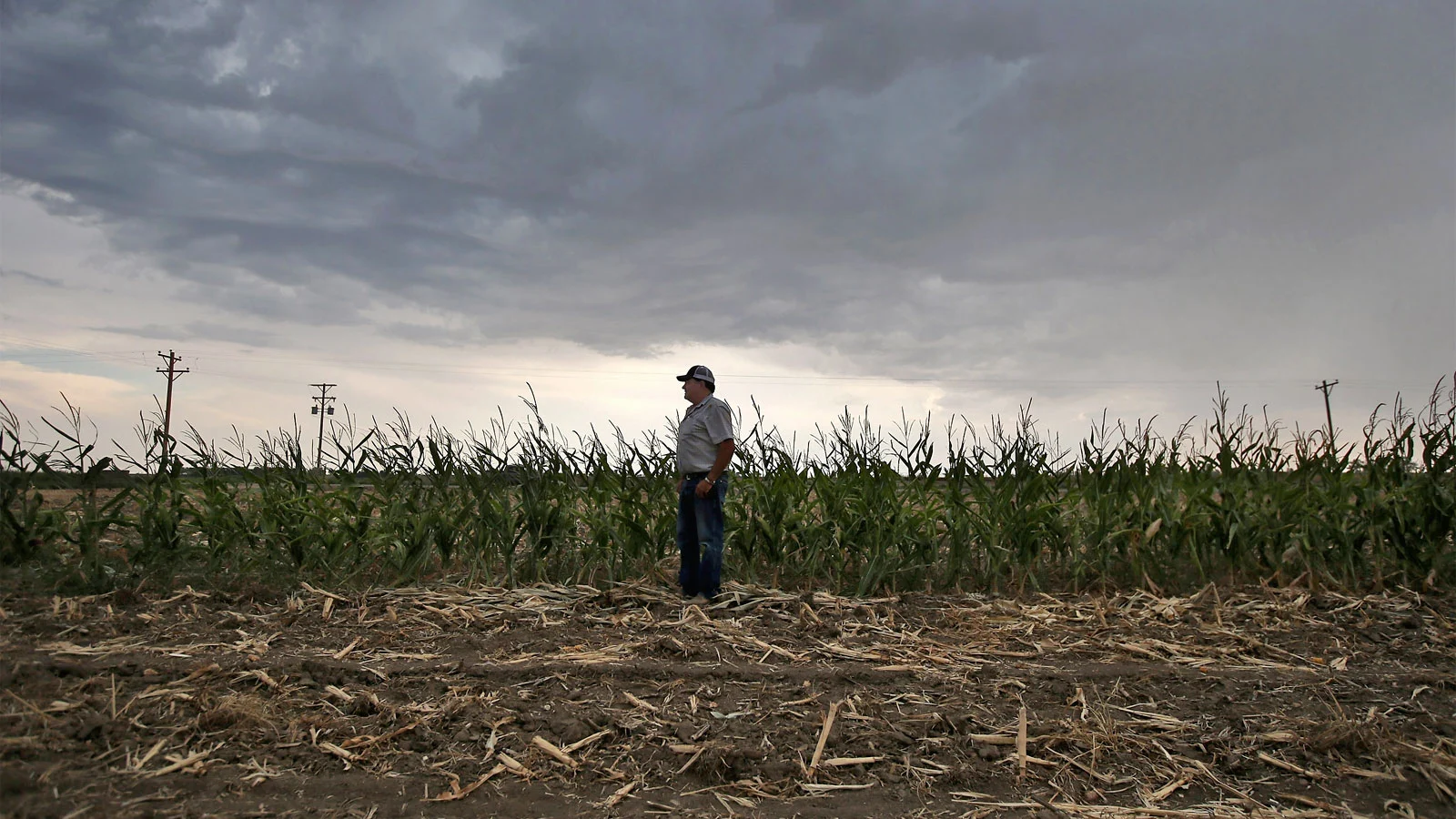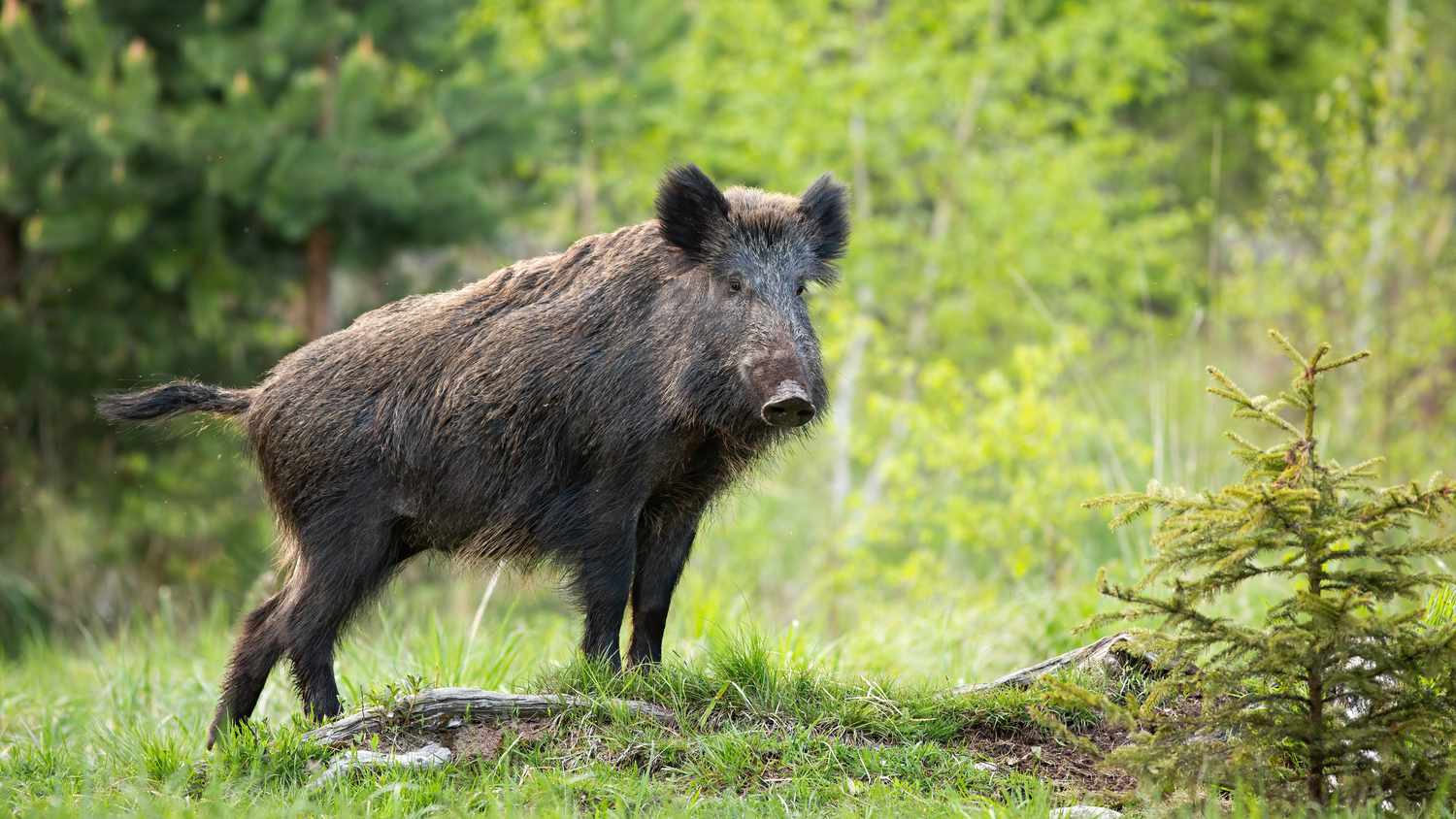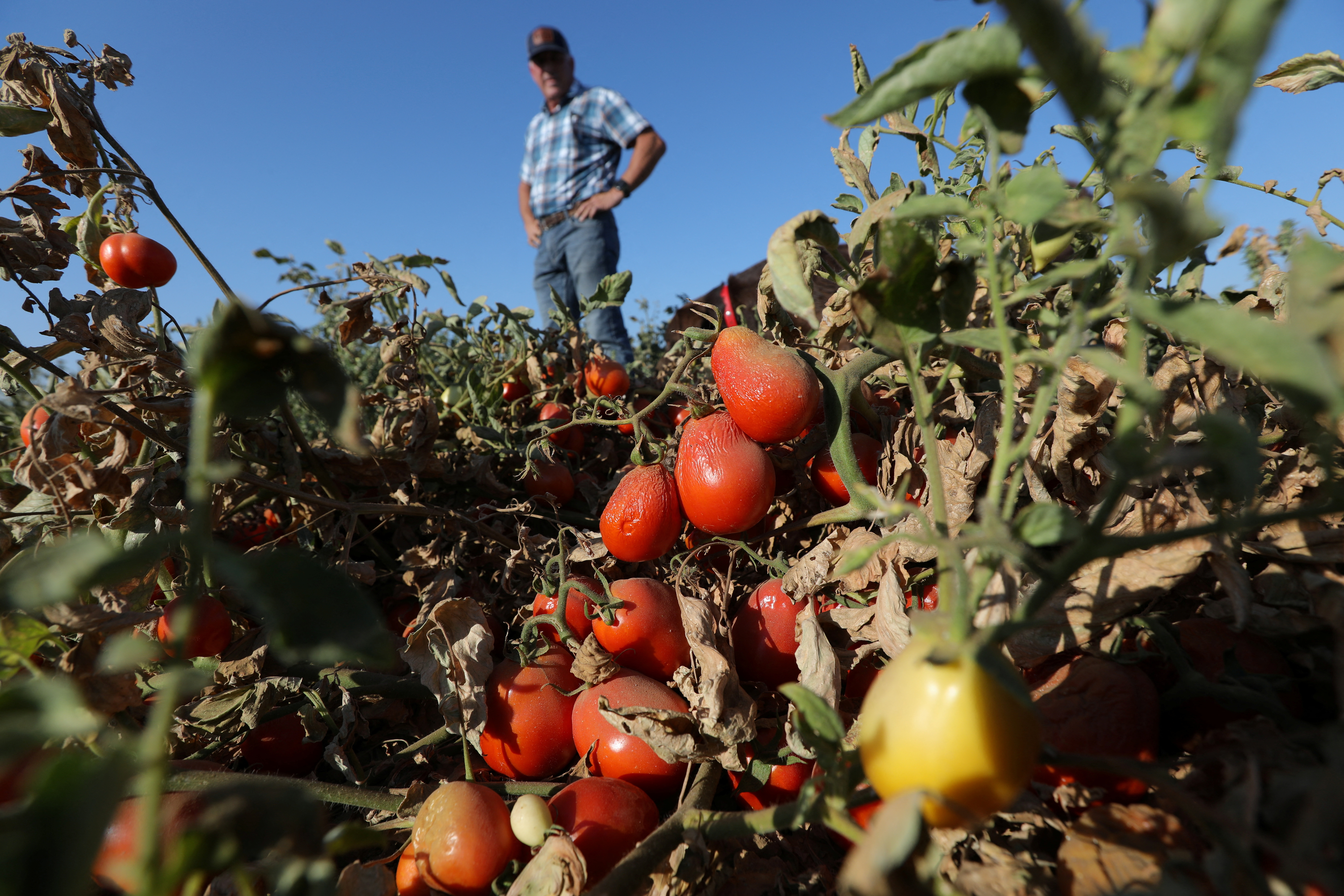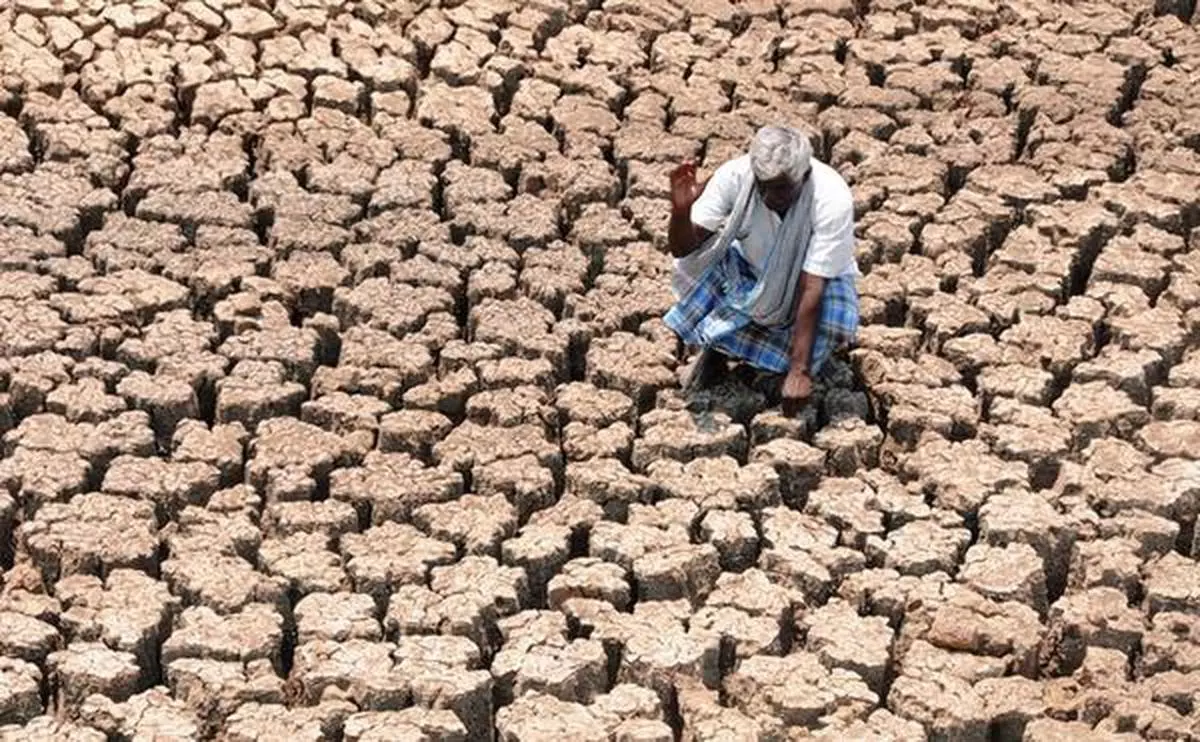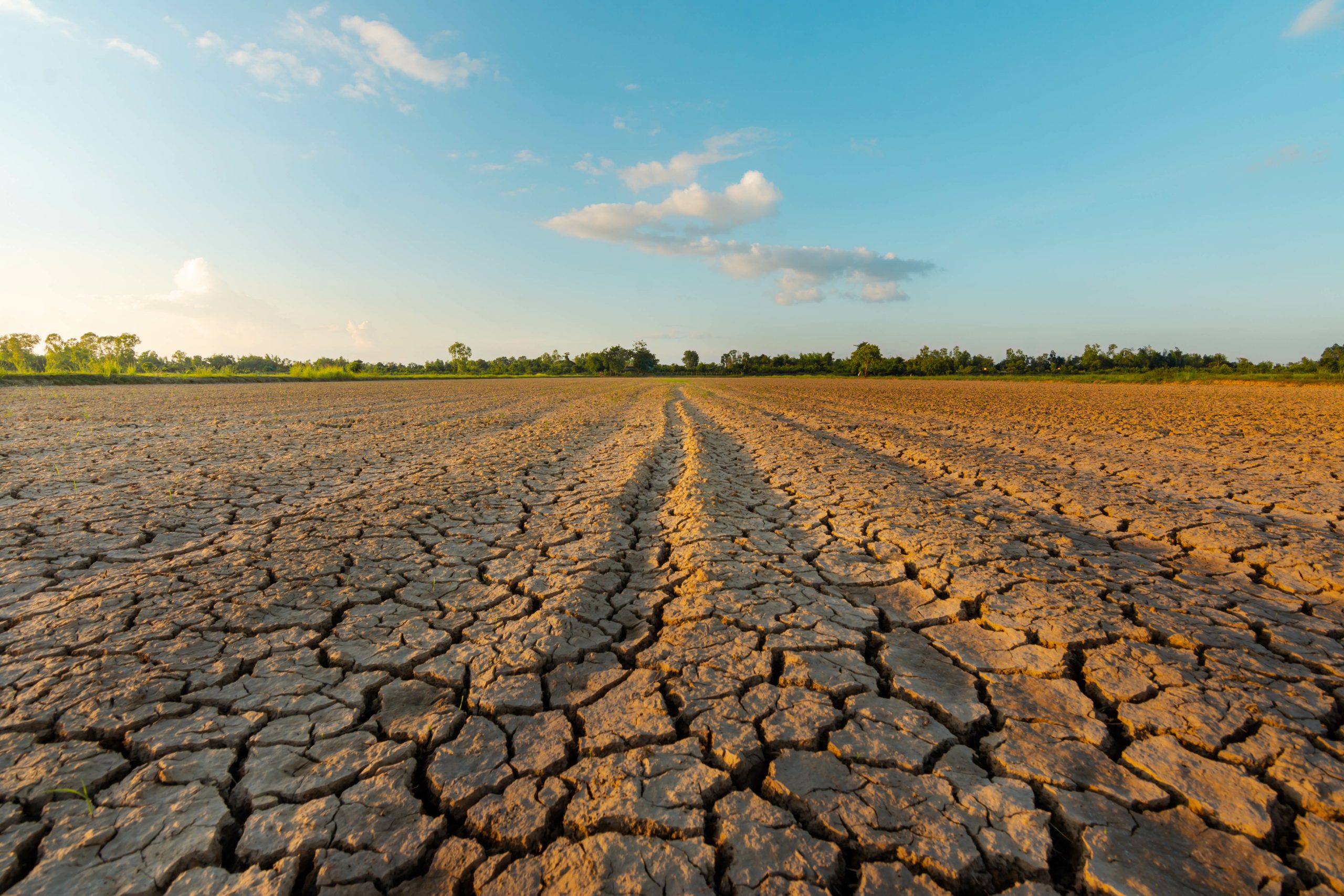North Kashmir’s Sopore and South Kashmir’s Shopian – seem doing farming with liberated outlook at the moment. Behind this empowerment is the banking that has relieved the sector from traditional bottlenecks. Delhi’s Azadpur Mandi is no more calling shots by deciding fate and rate of their crop; while the commission agents aren’t demanding like before.
Till five years ago, an orchardist from Sopore would avail finances from middlemen sitting in Delhi’s Azadpur Mandi. Those middlemen would first themselves avail the lump-sum credit from banks before making it available to growers at a relatively high interest rate to dismay of growers.
But once the decay was detected, banks and growers came closer to oust middlemen. Out of this bonhomie, Kisan Credit Card (KCC) scheme was introduced aimed to help farmers “accessing timely and adequate credit”.
One of the reasons popularising KCC among farming community was its flexibility. For instance, in view of a bad crop season, repayment can be rescheduled and extensions are offered for up to four years. The card is valid for five years and subject to annual renewals. Withdrawals are made using slips, cards and a passbook.
State-run banks currently disburse short-term crop loans on KCC up to Rs 3 lakh at an annual interest rate of seven percent. “Another best thing about KCC is that,” says Mushtaq Hassan, an apple grower, “the grower has to pay only 4 percent interest if he repays the loan within a year. Banks waive off remaining 3 percent interest rate to grower’s relief.”
However things weren’t always that way for the farmers. Before KCC, Hassan was a very unsure orchardist despite harvesting a ‘superior’ apple crop each season. His farming fret would stem every season because there were loans to settle, middlemen to handle and transport blues to tackle.
And then, there was a looming threat of weather uncertainty.
“But KCC ushered a much-needed change,” says Hassan, an orchardist from Sopore. Implemented by Commercial Banks, Cooperative Banks and Regional Rural Banks, KCC scheme gives credit to farmers for crop loans, working capital or investment credit for viable agriculture purpose. The cardholders are also covered under Personal Accident Insurance Scheme (PAIS) against accidental death/permanent disability. “All these features make it tempting for farmers,” he says.
The outcome of the agricultural credit is obvious at places like Shopian Fruit Mandi. Growers there attend huge rush of buyers while staying back home. Earlier cowed down by middlemen control, growers weren’t as confident as they feel at the moment. “Agricultural credits disbursed by banks have greatly helped growers to prepare and mange their orchards better before reaping crop,” says Mir Mohammad Amin, president Shopian Mandi. “The credit has made growers primary beneficiaries.” With the result, the collective trading at Shopian Fruit Mandi during previous season registered a sale of Rs 850 crore.
Like Shopian, Sopore Fruit Mandi has also reduced Azadpur Mandi’s monopoly over Kashmir apple. Spread over 400 kanals of land, it sold 30 million apple boxes earning Rs 1200 crore last year. Most growers in Sopore town too rely on credit to get a great deal out of cash crops.
Besides taking care of cash crops, bank credits are aimed at to purchase assets (farm equipments), creation of assets (orchard development) and any agriculture related activity. By the end of 2015 summer, banks had disbursed Rs 6,290.16 crores in Jammu and Kashmir.
Even then credits like KCC has failed to woo the entire agrarian community of the state. Many of them aren’t opening up to bank credit system, claiming “self-sufficiency”. But the government appears upbeat. The state minister for finance, Dr Haseeb Drabu says, the government has devised agricultural packages aimed at helping farming community. One model Basmati village in Jammu, one model Apple village and one model saffron village in Kashmir are coming in state, he says. “State will be disbursing agricultural loans to farmers for successfully implementing the project.” The model apple village will be provided with a small CA store, a grading and picking line and a packaging unit, Drabu says. “This village will also be given the right root stock to develop a high density orchard.”
Interestingly, many fruit growers are making use of new scientific techniques and methods, like introducing high density planting system (HDPS) in their orchards. HDPS is planting at a density in excess of that gives maximum crop yield at maturity if the individual tree grows to its full natural size. Shimla known for integrated orchards has already become Kashmir’s hanging out place for farmers to avail HDPS. “I have placed order of around 300 high density plants,” says Showkat Khan, an orchardist from Shopian’s Pinjora village. In the race to produce the maximum crop, the quest for high density plantation has only peaked in farming community.
Sensing the same quest, state government is setting up 1 kanal of medium to high-density orchard costs between Rs 75,000 and 175,000. To make it affordable for farmers, state government is subsidizing it up to 50 percent. The state finance minister has already announced Rs 150 crore for replanting high density apple trees.
But as government keeps growing lending limit to farmers through budgetary allocations, a credit mismatch in agricultural sector was highlighted in the latest economic survey. However, despite odds, private sector banks are making moolah by effectively working at village level.
Most of them are following the government’s decision to extend the Interest Subvention Scheme to short-term crop loans offered by these lenders. “This scheme allowed state-run lenders to lend crop loans at lower rates than their private sector rivals,” says Rafiq Bhat, a banker.
Devised and launched to discourage distress crop sale by farmers by encouraging them to store their produce in warehouses, the scheme introduced in 2011-12 extended concessional loans to farmers against negotiable warehouse receipts. “Post harvest loans provided to small and marginal farmers would be eligible for interest subvention, period of up to six months on the same rate as available to crop loan,” Bhat, the banker, says.
J&K Bank provides interest subsidy to the farmers under interest subvention scheme of GOI, Bhat continues. “The scheme was a major relief to the farmers coming in the wake of the central finance ministry’s announcement that the J&K Government retains majority stake of 53 in J&K Bank.”
Termed as a “big boost to the agriculture sector of the state” by J&K Bank Chairman Mushtaq Ahmad, the scheme extends loans at softer rate of interest. It has reduced client acquisition cost, expanded customer base in villages by providing them an opportunity to market other agri-banking products, says Kaiser Altaf, an orchardist. “It offers products like micro-insurance, irrigation loans and agri-supply chain finance.”
With finance ministry earmarking Rs 150 crore as a “Secure Horticulture Future” initiative to “raise the average productivity from the current level of 10MT/ha to the international level of 40-70 MT/ha”, govt is working on three-point package presently. The package is expected to flip the face of farming by setting up soil and leaf testing laboratory, incentivizing high-density orchards and check on the sale-use of spurious pesticides.
Besides package, private partners are coming forward for post-harvest management of fruits, like building cold storage facilities in Industrial Estate Lassipora. But least landholdings continue to pose challenge to avail agriculture credit – even though government spent Rs 1204.90 crore to acquire 24572.35 kanals (approx) of land in last half a decade. With state running out of land, agricultural credit has seemingly failed to take off completely despite altering the style and scope of farming.
Source - http://www.kashmirlife.net



